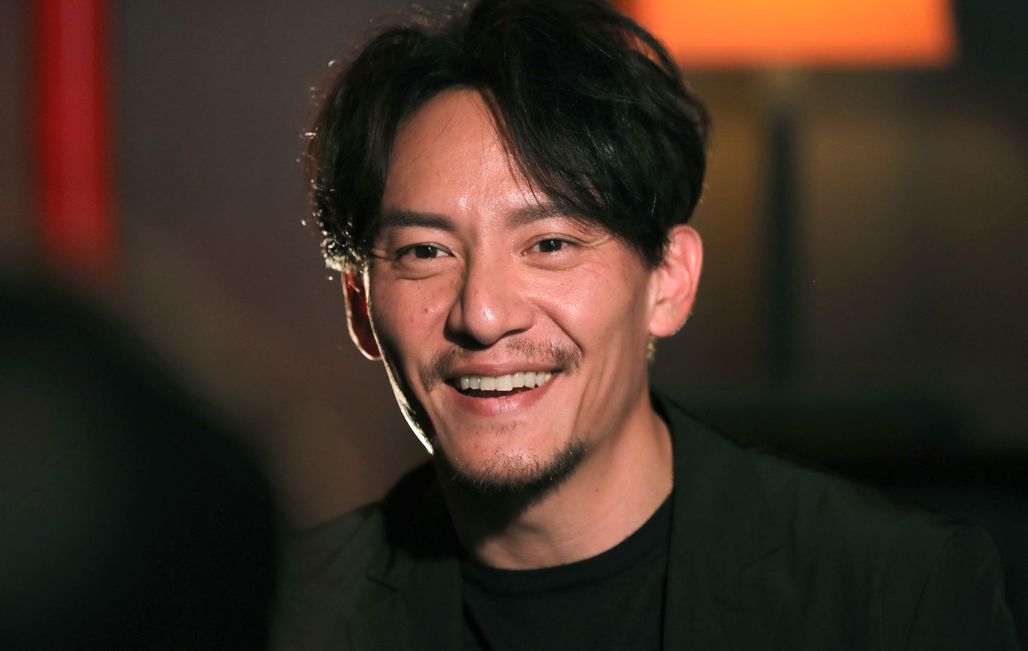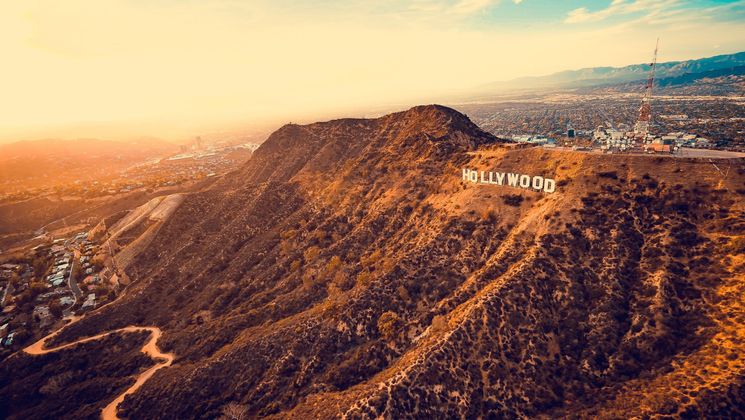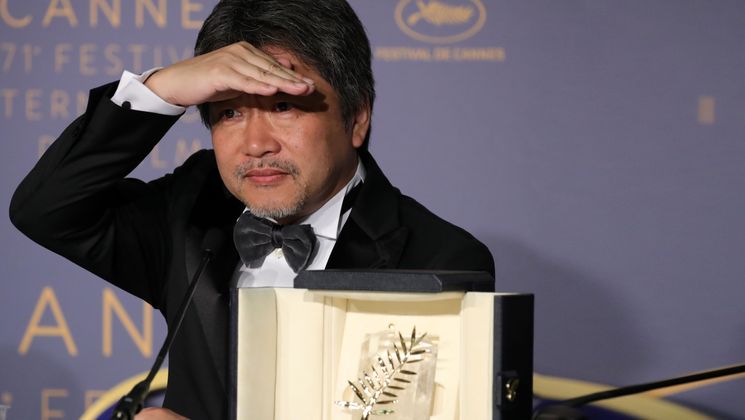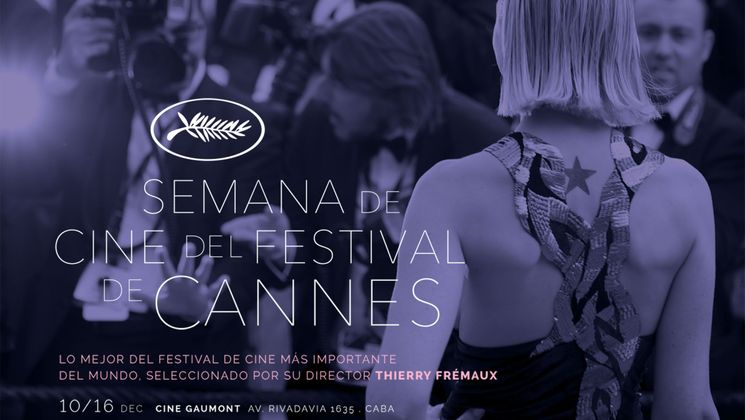
Interview with Chang Chen, member of the Feature Film Jury

After a debut in 1991 aged just 14 in A Brighter Summer Day by Edward Yang, Chang Chen shot to international stardom in 2000 with Ang Lee's cult film Crouching Tiger, Hidden Dragon. He has since worked under several major directors in Asian cinema, from Wong Kar-wai and Hou Hsiao-Hsien to John Woo. Chang Chen looks back on the beginning of his career and his influences.
What encouraged you to become an actor?
At first I didn't want to be an actor because my father is an actor. When I was a child, I never knew what he did. He was often out and I had no idea of where he was. When you're an actor, you can be away from home for two months. You see your family for a very short time and then head off again. At the beginning, I had no thoughts of becoming an actor. But once I shot my first film, I felt very comfortable with the film business, I loved the atmosphere, especially on sets. I immediately loved the way people all worked together. After the first film I went to a film company for a part-time job. I worked for them for two years. Then I graduated from high school. At that time, Edward Yang asked me to work on his next project.
You were very young when you first had a part in a movie. It was in 1991 and you were 14. What do you remember about that experience?
As I'd never learned how to act, Edward Yang gave us some acting classes. We had like 60 hours during a period of 3 or 4 months. We had very basic acting classes, we were taught how to move our bodies. But it was something completely different on the set. Fortunately, we knew each other very well and we had a lot of fun. At that time, I wasn’t still sure I wanted to be an actor. But I really loved some bits of it, especially playing characters I couldn't be in real life. But at that time I was very confused, I didn’t know who I was already as a person. It was very tough to kill the girl in the movie of Edward Yang. He wanted me to be that person. He wanted me to act using logical thinking and to read the script very well. He liked to discuss it with me. It was quite hard but I made a lot of friends on the set and I had the chance to act with my father, who played my dad in the movie. It was a great experience for me.
Then, you became a movie star thanks to your part in Crouching Tiger, Hidden Dragon, by Ang Lee. How did you get ready for that demanding role. What do you remember of the shooting of the movie, which was quite epic for everybody?
Hidden Dragon was my fourth movie. I knew who Ang Lee was but I didn’t know the film would become that big. I had to acquire many new skills before going on set. We trained a lot. Ang Lee loves to have practise collective living before the shoot and so we lived together for two months before we began. Every day, we had kung fu practice in the morning. Then we would discuss the script in the afternoon and in the evening, we would go horse riding or to do weights. I didn’t know how to ride a horse. I learned the very classic way. Before the beginning of the shooting of Crouching Tiger, Hidden Dragon, we were in the desert for a month. We shot in a very desert place. We stayed a lot in guest houses. We lived with all the staff. We had like 30 cars moving at the same time from one place to one another. There were no roads and one night, a car got lost.
Wong Kar-wai was a master for me
You've worked with two masters of Taiwanese cinema: Wong Kai-wai and Hou Hsiao-Hsien. What did you like about working with them? How did they influence your acting?
I loved to work with both Wong Kar-wai and Hou Hsiao-Hsien. Wong Kar-wai had been like a teacher for me. He taught me many different ways of approaching acting, especially the first time I worked with him. I remember that was very important for me. The first time I met him, we were in Argentina to shoot Happy Together. He asked me to come to his office and he put a CD in a CD player and told me: "Imagine this song is your song. You've come from Taipei with this song." I had no idea what he was talking about. Remembering this, I realise how important that advice was. These days I often look for similar references for my parts. It might be a painting, a colour or a picture. This is the Wong Kar-wai way of seeing how to act. Working with him, it can be also abstract. With Wong Kar-wai, you kind of dance with the camera, you have a relationship with it. For Hou Hsiao Hsien, acting is freer. With Hou Hsiao Hsien, you shoot in more of a documentary style, he gives you very clearly what you should do and after that you can improvise. Sometimes, he doesn't give us the lines and you say whatever you want to say. Sometimes, you even don’t know where the camera is or if he has started to shoot or not. But both of them improved me.
Which part has most changed the man you are? How and why?
Eros is the movie that changed me as a man. Between 25 to 30, when you are an actor in that age in Asia, it’s kind of embarrassing because you don’t know if you should play more the college boy or the adult. At that time, I was not getting a lot of jobs and that part changed me into a man because it made me realise that I had to change physically and mentally to push my career. I began to read a lot. In one scene we shot in the end, I remember he shot it for 36 times because I was doing it wrong. He said to me that running and walking and very important for a leading actor. From that time I started to observe other more mature actors. I started to do more homework.
You made a fragment of Three Charmed Lives in 2014. What did you learned from that very first experience as a director?
Being a filmmaker is what I always wanted to do. I wanted to make a short film because I wanted to try all the different processes. I enjoyed it very much. I am planning to be a director and to make a feature film by myself. It’s kind of a dream I 've been chasing for so many years. But for now there's nothing concrete. As an actor, I'm shooting in China a lot. I'm currently shooting a romance comedy in shanghai directed by Wing Chan.


